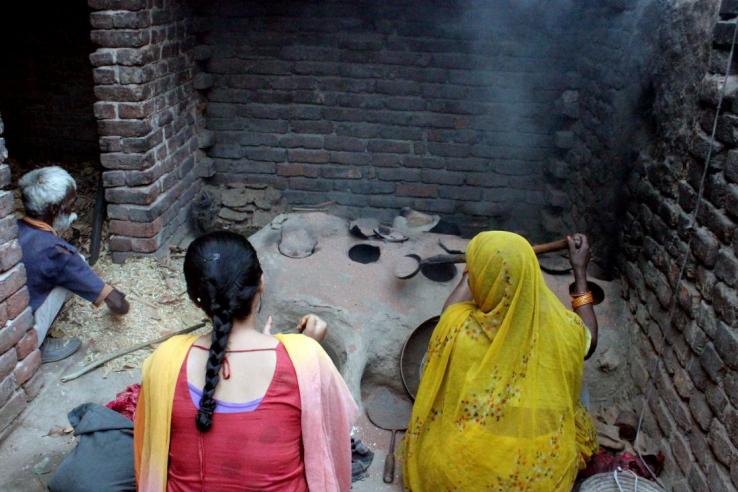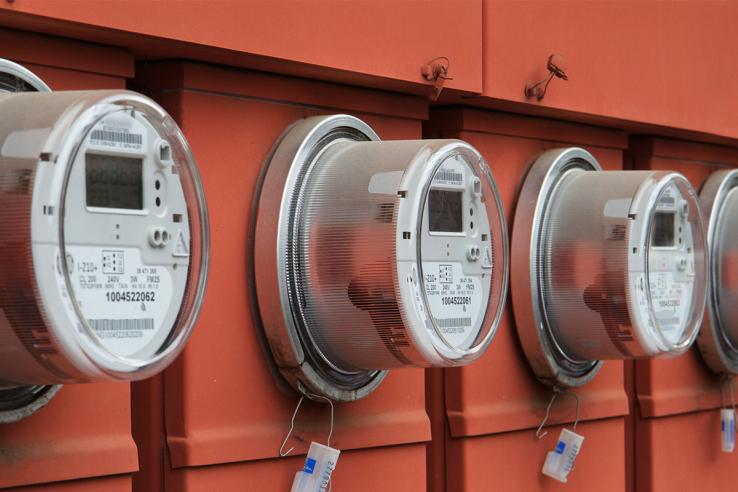What have we learned from randomized evaluations that policymakers, practitioners, and funders can use to improve social programs? J-PAL’s Policy Insights, organized by sector, highlight lessons emerging across multiple studies and the mechanisms that help explain the results.
J-PAL’s Sector Chairs and staff draw these insights from relevant randomized evaluations, updating and adding insights as the body of evidence grows. Each Policy Insight briefly summarizes their perspective on the evidence on a specific topic, with links to the original research and policy summaries. Read this blog post for more information about how we develop Policy Insights.
When combined with a detailed understanding of context and program implementation, we hope these insights can be practical inputs for policy and program design. For examples of how insights from randomized evaluations have informed policy, visit our Evidence to Policy page.





